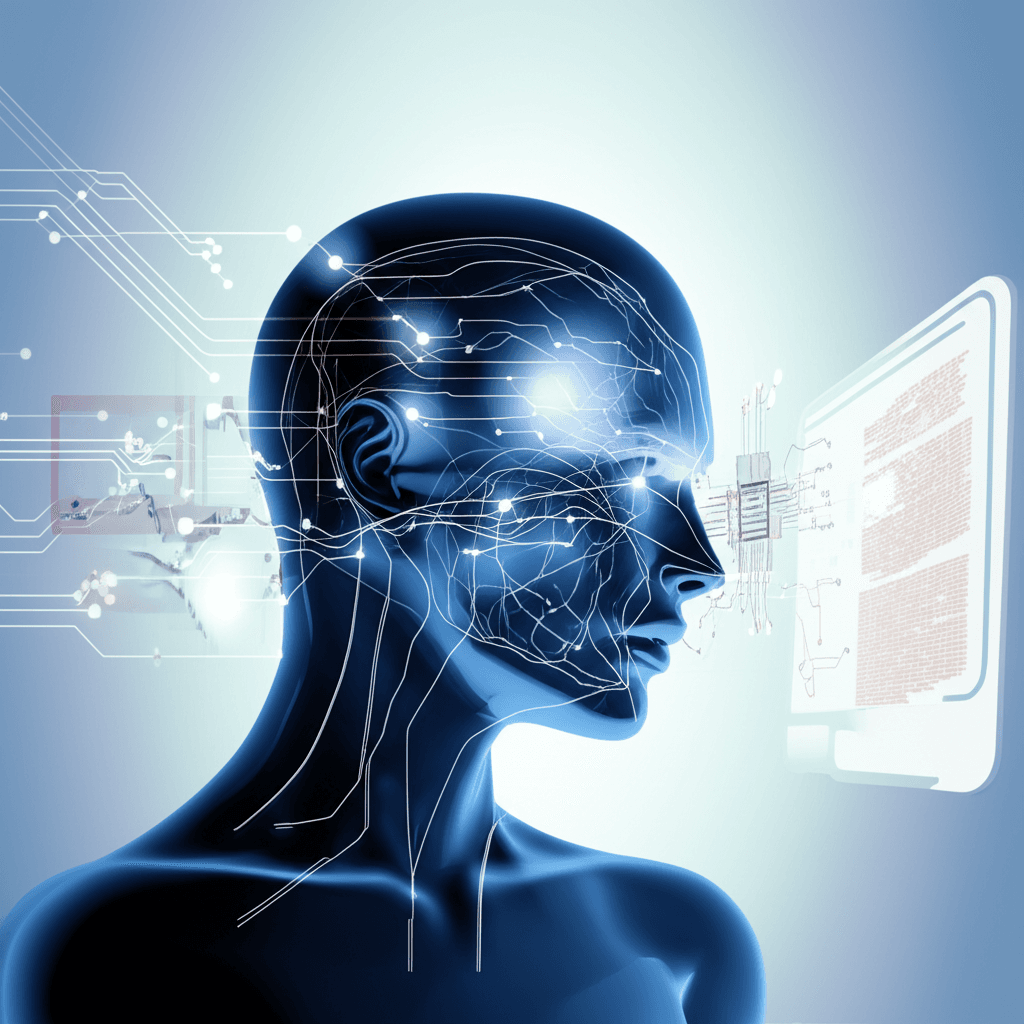AI Over-Reliance Erodes Essential Human Skills, Experts Warn
The paradox of progress: How artificial intelligence, designed to enhance, is instead eroding our critical human capabilities.
August 6, 2025

A growing chorus of concern is rising within the technology and labor sectors over a critical, yet often overlooked, consequence of the artificial intelligence boom: the erosion of essential human skills. As businesses and individuals increasingly delegate cognitive tasks to sophisticated algorithms, a body of evidence suggests we are becoming dangerously reliant on AI, potentially undermining our own abilities in critical thinking, problem-solving, and even creativity. This emerging human skills deficit not only threatens the successful and ethical adoption of AI but also poses a significant risk to future economic growth, which hinges on a workforce capable of effectively collaborating with, rather than simply deferring to, intelligent systems. The very tools designed to enhance productivity may be inadvertently dulling the human intellect that created them.
The phenomenon, often termed "cognitive offloading," involves delegating mental tasks like memory, analysis, and decision-making to external technologies.[1][2] While offloading simple tasks can free up mental resources for more complex endeavors, an excessive reliance on AI for critical reasoning risks diminishing independent analysis and reflective problem-solving.[1] Studies have shown a significant negative correlation between frequent AI tool usage and critical thinking abilities.[3][2] For instance, research from Microsoft and Carnegie Mellon University found that workers who trusted AI assistants the most were less likely to think critically about the tool's outputs, with participants reporting no critical thought for 40% of their AI-assisted tasks.[4][5] This cognitive laziness can lead individuals to become passive consumers of AI-generated content rather than active, independent thinkers, blindly trusting recommendations without fully understanding the underlying processes.[6][1] This is further compounded by "automation bias," our natural tendency to over-rely on automated systems, which can lead to flawed decision-making, especially when AI systems inherit and perpetuate human biases.[7]
The impact of this de-skilling extends beyond abstract cognitive functions to tangible professional abilities. Architects who depend too heavily on AI design tools may find their basic sketching skills declining, while writers might lose their distinctive voice through over-reliance on AI writing assistants.[8] In fields like medicine, the consequences could be even more dire. While AI can assist radiologists in identifying abnormalities in scans, research suggests that consistent engagement with AI assistants can accelerate skill decay among experts and hinder skill acquisition for learners.[9] This happens because the AI takes over advanced cognitive processes, reducing the opportunities for human professionals to hone their skills through practice.[9] The danger is that practitioners may not even be aware of their deteriorating capabilities until a situation arises where the AI fails or is unavailable.[9] This creates a paradoxical situation where the technology implemented to improve efficiency and accuracy could leave the human workforce unprepared to handle exceptions or complex, novel situations that fall outside the algorithm's training data.[5]
The economic implications of this widening skills gap are profound. While AI is projected to create millions of new jobs, these roles will require a new set of skills focused on human-AI collaboration, such as prompt engineering, AI ethics, and data interpretation.[10][11] However, if the workforce's foundational cognitive skills are eroding, filling these new roles will become increasingly difficult. This creates a risk of deepening economic inequality, where a small group of highly-skilled workers who can develop and manage AI will see their incomes rise, while a larger portion of the workforce faces stagnant wages or job displacement due to automation.[12][13] The World Economic Forum highlights that the future of work will be defined by a dynamic partnership between humans and AI, but this collaboration demands a workforce that can engage critically with technology, not just operate it.[11][14] Without a concerted effort to invest in reskilling and upskilling, focusing on uniquely human capabilities like strategic thinking, complex problem-solving, creativity, and emotional intelligence, nations risk becoming passive consumers of AI technology rather than active participants in an AI-driven economy.[11][15]
In conclusion, the uncritical embrace of artificial intelligence risks an unintended and detrimental trade-off: the convenience of automation for the atrophy of core human cognitive abilities. The evidence points toward a future where over-reliance on AI could diminish our capacity for critical thought, independent decision-making, and creative problem-solving. This not only has serious implications for individual development but also for the broader economy, which requires an adaptable and skilled workforce to navigate the complexities of an AI-integrated world. To mitigate these risks, a fundamental shift in approach is necessary. Rather than viewing AI as a replacement for human intelligence, it must be treated as a tool that augments it.[8] Educational strategies and workplace training must evolve to prioritize the development of critical thinking and analytical skills, teaching individuals how to question, validate, and creatively apply AI-generated outputs.[16][17] Fostering a culture of balanced integration, where human oversight and cognitive engagement are valued alongside technological efficiency, will be paramount in ensuring that the rise of artificial intelligence ultimately enhances, rather than erodes, our uniquely human skills.
Sources
[1]
[2]
[5]
[6]
[8]
[9]
[10]
[11]
[12]
[14]
[16]
[17]